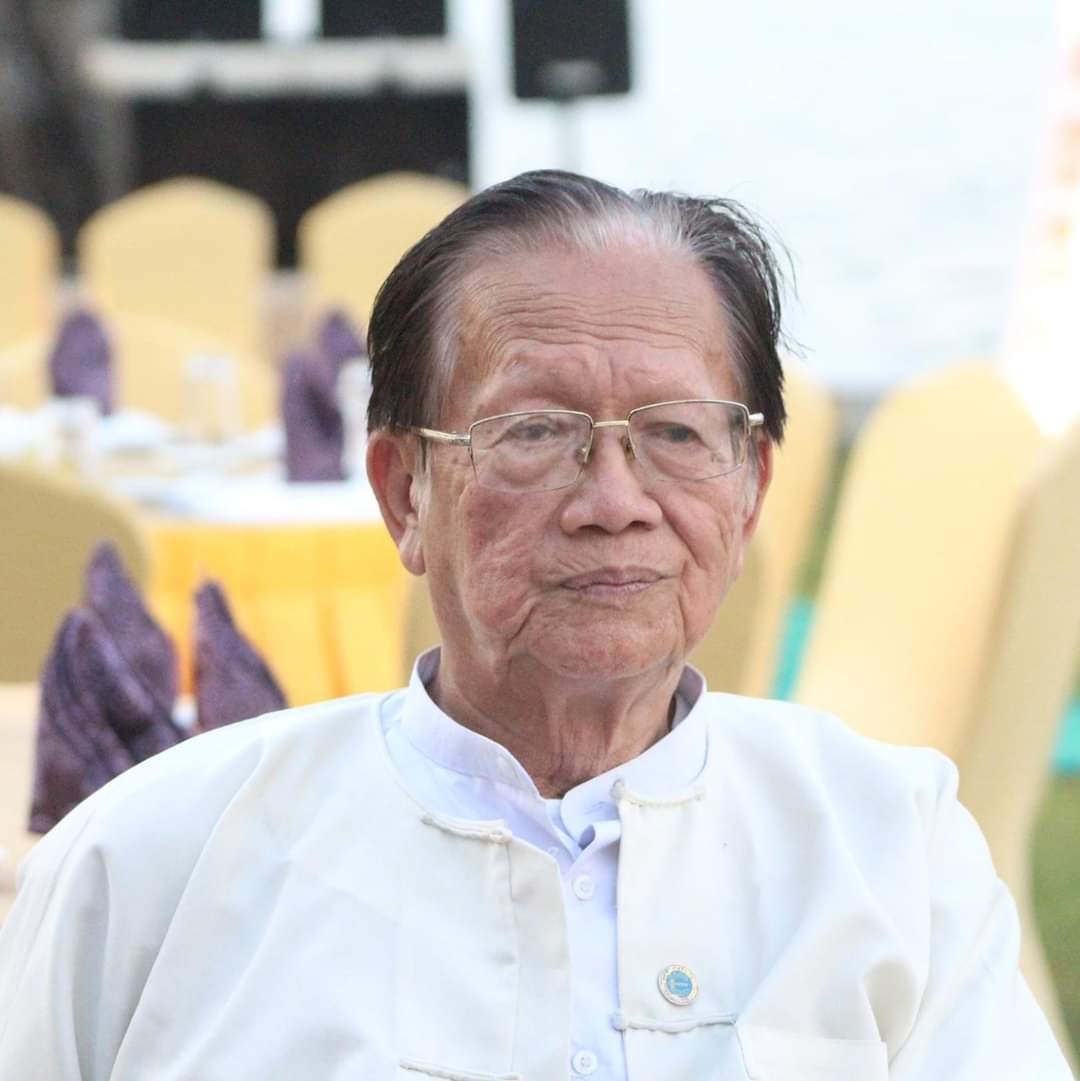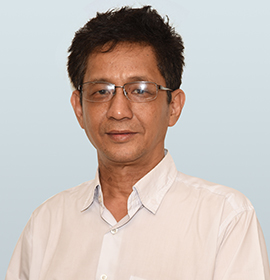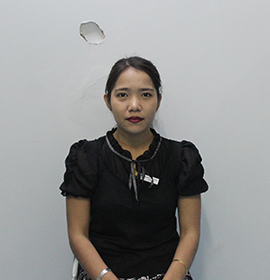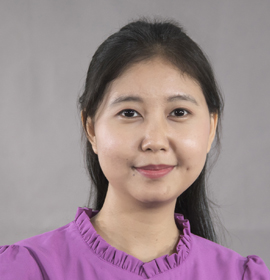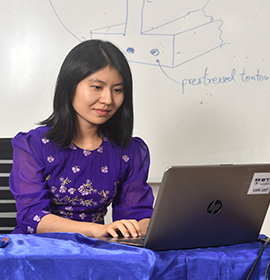Diploma in Public Health – Level 4
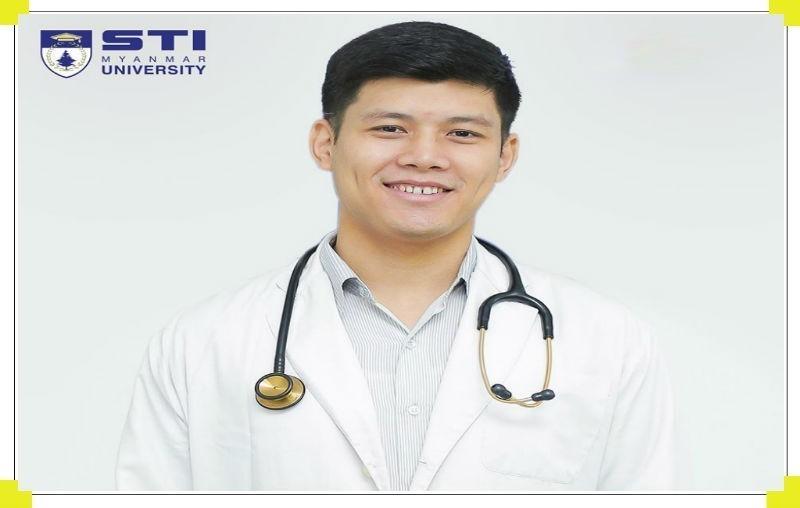
- 🎓 Category : FACULTY OF HEALTH SCIENCE
- 🎓 Program : Diploma Programs
- 👩🎓 Course Coordinator : Dr Thinn Yu Aung
About the course
This course is a multidisciplinary, flexible degree that provides students with the opportunity to learn key principles in public health, leading to a wide range of careers. It also provides a pathway to postgraduate degrees related to public health as well as higher degrees by research.
This course is designed to cater to the needs of people seeking career opportunities in the health sector in Myanmar or a South Asian country with a similar geopolitical arena.
The course design recognises the increased complexities due to constant changes and technology in health services.
Across the region there is an enduring and growing demand for healthcare and the demands frequently outstrip the available resources.
Method of Assessment
Assessment activities provide major opportunities for learning. Assessment criteria are linked to unit learning outcomes and stated for students in Unit Information Forms (UIFs).
Assessment focuses on tasks that develop vocational skills, underpinned by subject knowledge to enter employment confidently with a strong base from which to meet students’ own aspirations. Assessments are rooted in authentic and practical scenarios. The course utilizes both formative and summative means of assessment. There is an emphasis on self, peer and group assessment, and on using assessment as a means to develop independent and self-directed lifelong learning.
Assessment methods vary for different units, but the course will include:
- Public health professionals are required to take responsibility for their own professional development and the learning and assessment activities you undertake during the course will assist you in identifying future learning needs.
-
The inclusion of presentations as a form of assessment will develop your confidence in conducting formal presentations and discussions,
-
This course uses a range of other assessment strategies including:
-
Essays
-
Presentations/seminars
-
Literature reviews, including the final dissertation project
-
Formative assessments with the opportunity to receive developmental feedback
-
Direct Observation of Practical Skills (DOPS)
-
Professional Practice (Placement work)
-
Case-Based Discussion (CBD)
-
Written Report (WR)
-
Multi Source Feedback (MSF)
Each unit will include a variety of methods from the list above. The number and type of assessments varies from unit to unit.
Entry Requirement
Successful completion of Certificate in Accounting (Level 3, awarded by STIMU)
External applicants with other relevant business qualifications at Level 3 will be assessed on an individual basis according to procedures for the Recognition of Prior Learning (RPL) as set out in the Academic Regulations of STI Myanmar University.
Applications will also be welcome from those working in relevant employment who may not fully meet the academic entry requirements but have a number of years relevant work experience and/or hold professional qualifications.
Applicants with relevant work experience may be considered on a case-by-case basis for Recognition of Prior Learning (RPL)
All entrants to Level 4 will be expected to have achieved a minimum English Language standard of IELTS (4.5 overall, 4 individual) or equivalent qualification.
Course Structure
|
Unit Code |
Level |
Credits |
Unit Name |
Core or option |
|
TBC |
5 |
30 |
Introduction to Public Health |
Core |
|
TBC |
5 |
15 |
Personal Development in Health Profession |
Core |
|
TBC |
5 |
15 |
Environmental and Occupational Health |
Core |
|
TBC |
5 |
30 |
Family Health |
Core |
|
TBC |
5 |
15 |
Health Education &Health Promotion |
Core |
|
TBC |
5 |
15 |
Fundamental of Epidemiology |
Core |
Course Fees
6,640,000 MMK(Course Fees may change without prior notice)

